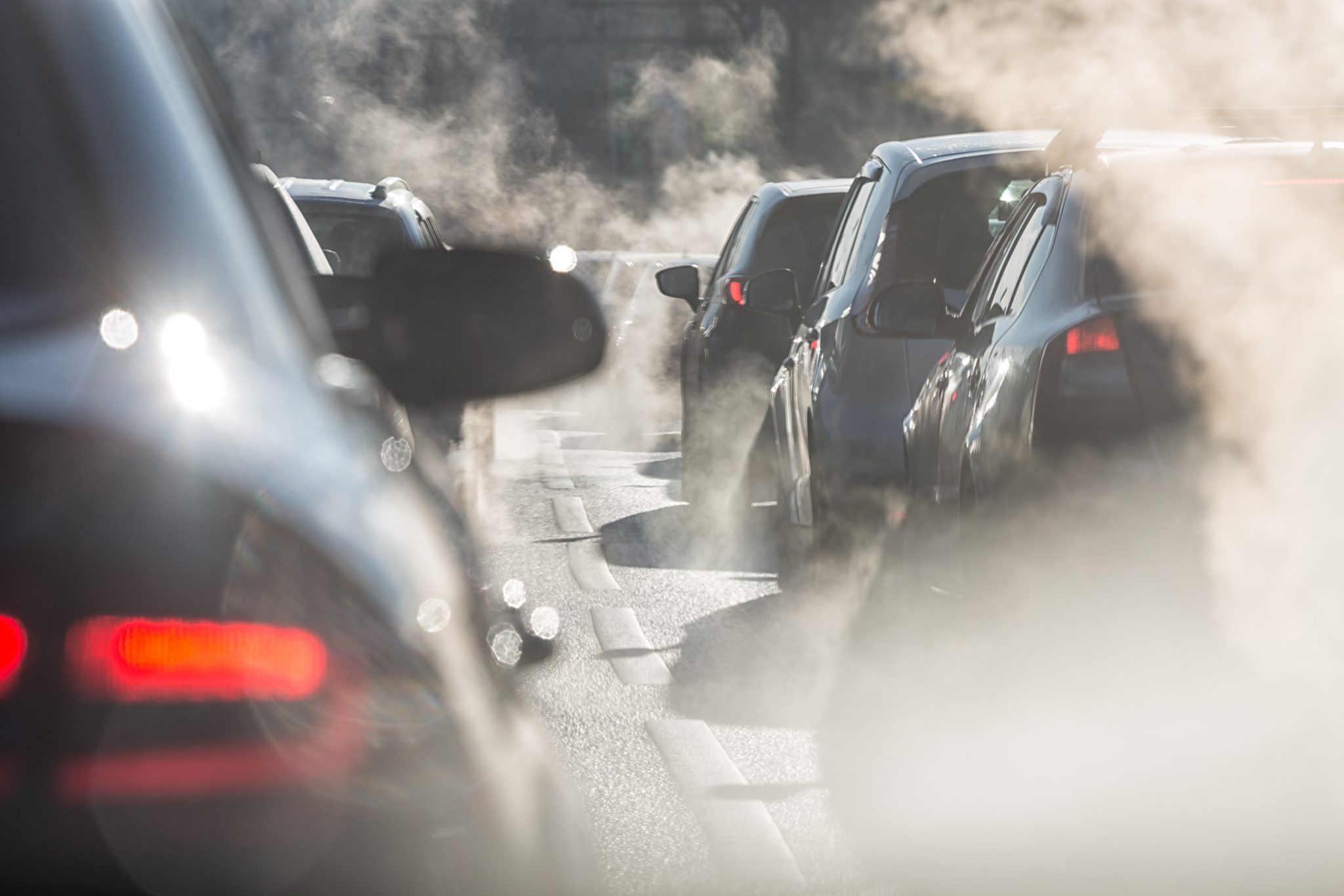On April 2, 2018, the Environmental Protection Agency (EPA) took steps to reverse Obama-Era rules that were touted as the most aggressive action taken by any government to combat climate change. The debate over these changes has been raging since they were approved, but Trump’s promises of mass deregulation have only added fuel the fire of this debate. John Bozzella, Chief Executive of The Association of Global Automakers is quoted as saying that the world’s biggest automakers “appreciate” the agency’s decision. Adopted in 2012, the newly revised standards would have required automakers to increase fuel economy of new cars and trucks to 54.5 miles per gallon by 2025, a near doubling of the current requirements. While this appears to be a win for automakers, the issue is much more complicated than it appears on the surface.
Implications for Automakers
On the surface, it appears that automakers will save billions with this announcement. However, thanks to the Clean Air Act of 1970, states like California (and even municipalities) retain the right to enforce their own standards. Although the Trump Administration aims to take away California’s right to enforce its own standards, the economic impact of the state of California alone is enough to complicate things for manufacturers.
Until the Trump Administration is able to push an amendment to the Clean Air Act through congress, automakers will need to adhere to 2 sets of standards. Either that, or continue to adhere to the higher standard for all vehicles sold across the country.
Quick Stats
To put this all in context. Here are some quick stats.
- In 2017, California accounted for 13% of new vehicle sales, and states that follow the standards of the California Air Resources Board (CARB, also referred to as Section 177 states) accounted for 38% of new vehicle sales. These states include: Connecticut, Delaware, Maine, Maryland, Massachusetts, New Jersey, New Mexico, New York, Oregon, Pennsylvania, Rhode Island, Vermont, and Washington.
- With the changes for 2025 under the Obama-era standards program, the average vehicle owner who drives 12,500 miles/year would save $313/year over current standards (assuming gas price of $3/gallon, and a vehicle that gets 40 MPG vs. one that gets 30 MPG).
- In Jan. /Feb. 2018, sales of green vehicles (hybrids, plug-in hybrids and EVs) accounted for 3.2% of all new vehicle sales, a 1% increase in market share year-over-year.
Complicated Political Implications
In reaction to the reversal, Jessica Caldwell, Executive Director of Industry Analysis for Edmunds has said: “Automakers will get the flexibility they wished for, but at what cost? The unfortunate reality is that this decision comes with a logistical nightmare in the short term. California has made it very clear that it’s ready to fight for the right to maintain its own standards, and when you consider how long a court battle could take, it puts automakers in a very challenging scenario from a product development perspective. Automakers aren’t going to build to vehicles to two separate standards for the U.S. market, so at this point, it seems most likely they will continue to stay the course on their current plans to build vehicles that meet California’s targets while this gets sorted out. But it also means the ramifications of these changes won’t likely really be felt until long after this administration has moved out of the White House.” So, for the time being, the changes will not likely have a huge impact. This appears to be a much bigger battle than climate change vs. unrealistic standards targets. The reversal of car and truck standards is just one of many battles currently being waged in the fight between states’ rights and the rights and duties of the federal government. California has already been joined by a coalition of at least seven state attorneys general, including Eric Schneiderman of New York, as well as over 30 mayors who are set to “vigorously resist” Trump’s efforts to prevent states and cities from enforcing emissions standards. We will all watch with anticipation as this continues to play out.








